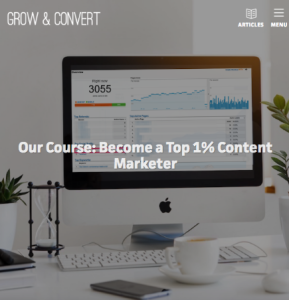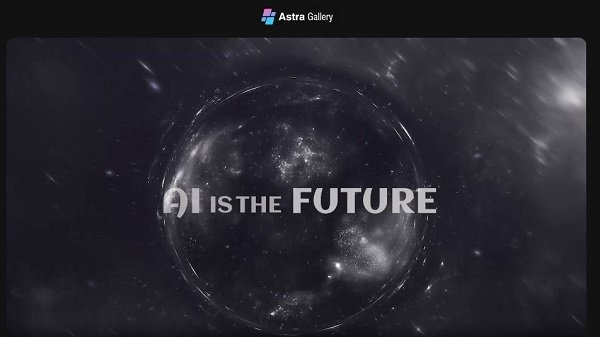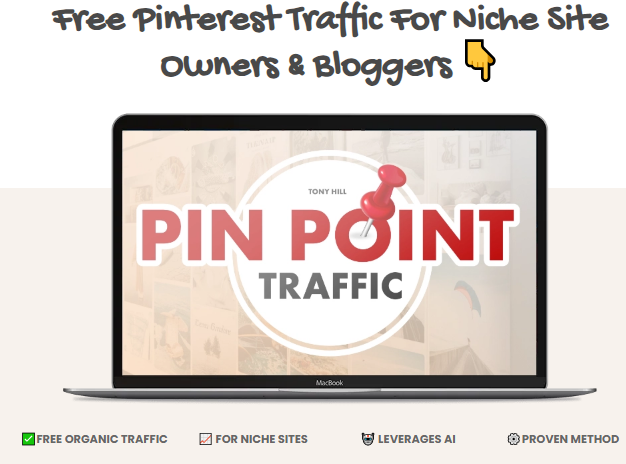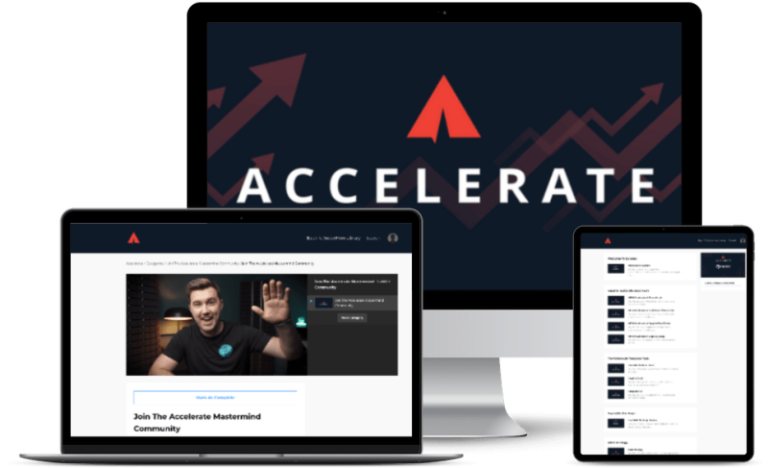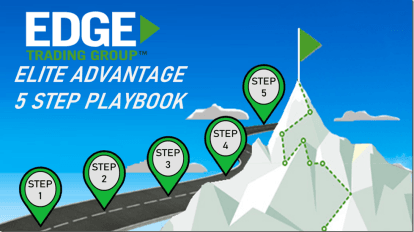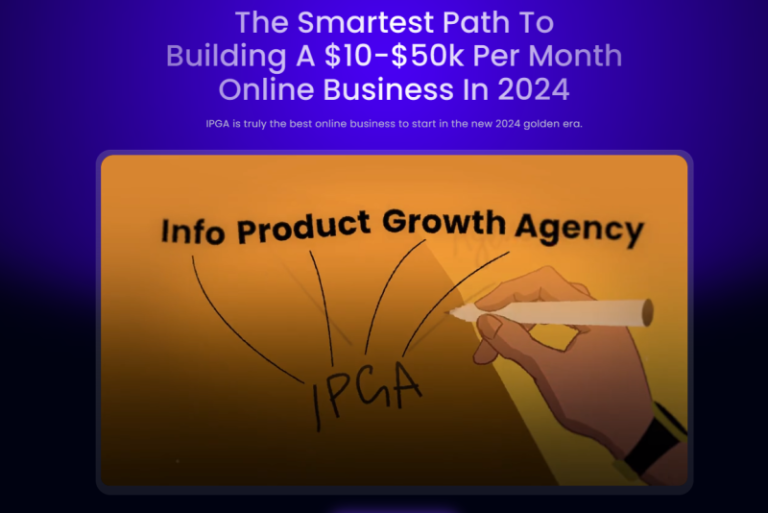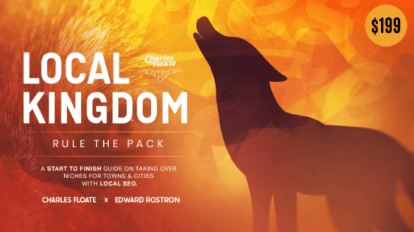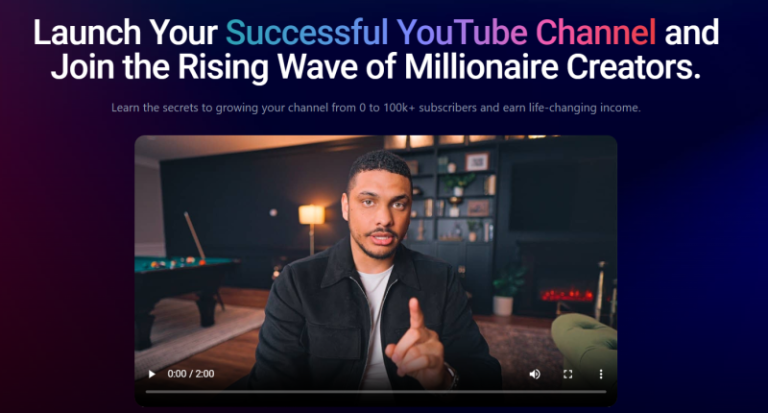It seems like every post they write gets tons of comments, attracts their exact customers, who happily try their product, shop at their store, or talk to their sales team.
Some of these marketers even write recap posts outlining six or seven figures of revenue attributable to leads from the blog.
But most blogs aren’t anywhere close to this.
For most marketers, the blog is a “placeholder”: it exists because they think they should have one, but it only brings in a trickle of traffic, very little comments, and fewer customers.
They end up spending most of their time in other channels, and often begin to resent the need to “publish regularly” (as we’ll show below, that’s not necessary).
For these marketers, content marketing is an expense — but perhaps more toxic, it’s a mental burden.
If you’re blogging for yourself (solopreneur, small agency owners, etc.), you begin to question whether it’s worth it and what you’re doing wrong.
If you’re doing content marketing inside of a company (as a consultant or an employee), you’re well aware that it takes time and money to run the blog, hire writers and pay developers. You may be working hard at it, but the results aren’t coming and meanwhile the CMO and CEO are questioning the ROI of your efforts.
If they pressed you, you’re not even confident you could defend the ROI.
Or, if you’re getting traffic, it’s often not the right kind of traffic: you’re attracting the wrong audience or you’re not seeing any conversions coming from it.
So what are successful bloggers and content-focused companies doing that others are not? What do the marketers inside those companies know that everyone else is struggling to find?
The key is systems.
Getting a steady stream of ideal, ready-to-purchase customers requires a system:
- A system for writing content that attracts the right traffic
- A system for turning that traffic into leads
- A system for diverting some of that traffic directly to a store or pricing page
- A system for growth
- A system for turning email subscribers into customers
Our Journey
We didn’t always have systems for attracting the a steady stream of target customers to a blog.
It took Benji years of trial and error, reading, and building relationships with experienced marketers to learn systems for what worked.
Once he found that though, he first grew Vistage’s blog from 1,000 to 20,000 uniques a month in one year.
He didn’t just get any old traffic either, the blog was able to attract CEOs from companies with $5M or more in revenue, and convert them to members of CEO peer groups (Vistage’s “product”) all over the country while lowering the cost per lead by 600%.
Then, Benji did this again at ThinkApps, an app development company.
When he started as Head of Marketing, ThinkApps had no blog. Plus it was in a technical niche — he had to write about building great web, mobile and wearable products, and attract product managers, CTOs, and CEOs from fast growth and enterprise companies.
By implementing proven systems to attract the right audience (startup CEOs, product managers, and developers looking to build an app), he was able to grow their blog from 0 to 12,000 organic visitors in 6 months, and 0 to 35,000 unique visitors in 6 months.
Introducing the Customers from Content System
While we’ve been busy doing everything you’ve just read above, we’ve been testing dozens of content types, promotion techniques and conversion tactics, and we’ve distilled it down to a 6 part system for getting a steady stream of customers through content.
We call it the Customers from Content System and we’ve developed a complete online video course to teach it to you.
What You’ll Learn in Customers from Content
Customers From Content is a 6 module video course, fully online, that you can access from anywhere anytime you like.
Module 1 – Know Exactly Who to Target
Most content marketers don’t have a deep understanding of who they’re marketing to. This handcuffs them to producing crappy fluff content forever. After this module you’ll have the skills to avoid this trap and level up your content.
- We walk you through detailed examples of mirage content vs. high quality content and breakdown the difference
- You’ll immediately start understanding what makes good vs. bad content, and your creative wheels start turning
- You’ll learn how to narrow down and identify the specific customers for which you should generate content.
- You’ll learn our process for getting super deep on understanding the pain points of your best customers
- You’ll learn the specific user research tactics we use to get customer information
Module 2 – Creating Content That Stands Out
Here you’ll learn our system for getting beyond “me too” fluff content (like listicles), and produce stellar, specific content that your ideal customers will bookmark, email to each other and share.
- You’ll learn the 6 content frameworks we use for ourselves and our clients
- You’ll know what each framework does and when to use it
- We’ll dive deep into our “sales funnel” framework so you’ll know when to product bottom, middle, or top of funnel content and what each does
- Watch us walk through specific examples and teardown of many content pieces in the lens of each framework
- Learn how to connect Module 1 to Module 2 and apply your customer understanding to produce content better than competition
Module 3 – Content Promotion
This is where almost everyone struggles. Almost no one teaches this (well). You’ll learn our system for content promotion that we’ve used get over 20,000 visitors in a month to this site and to generate tens of thousands of visitors per month to multiple client’s blogs.
- Learn how to research and identify promotion channels so you can use your time most efficiently
- Watch Benji screencast through our community content promotion process, teaching you the nooks and crannies of finding and posting in online communities
- Learn how to get influencers to share your content without being pushy or sending 100s of spammy emails (we never have)
- Get our honest and detailed opinion of guest posting (we don’t do much of it) and how best in integrate it into your strategy
- Learn how we use PR as a promotion strategy, starting at the content ideation step, to dramatically increase the chances of getting coverage
Module 4 – Blog Conversions
Devesh has run blog conversion tests for sites such as Backlinko and corporate blogs with over 100,000 monthly visitors. In this module, he teaches what he knows about converting blog visitors, shares a starting plan you can adopt, and lays out a framework for you to optimize.
- Should you nurture over email or just ask for a lead? Devesh shares how to use our spreadsheet model to know, with numbers, which route you should take.
- Get the real truth on how well different calls to action on blogs convert so you don’t have to inundate your blog with a million annoying CTAs (we never have)
- We’ll walk through actual examples of conversion strategies from different blogs so you can learn from them
- When should you AB test? Devesh will share his experience and teach you when to worry (and importantly, not worry) about this.
Module 5 – How to measure the ROI of content marketing
Immediately stand out from everyone else by knowing how to attribute leads to content and calculate a cost of acquisition from content marketing.
- You’ll get access to our cost of acquisition spreadsheet calculator, only available to buyers of this course
- We’ll walk through how it works, how to use it, and multiple examples and scenarios
- This knowledge will immediately put you in the top tier of content marketing knowledge, and let you convey to bosses, clients, and yourself how content marketing ROI compares to other channels
- Without this ability it will forever be a struggle to convince the powers at be that content marketing is returning a great ROI, but with it you’ll finally be able to
Module 6 – Building a Team of Writers
At some point, many marketers will want to scale their content production. This module will teach you how. We’ve tried (and failed) with multiple techniques, but after this module you won’t have to. You’ll learn exactly what’s worked for us.
- Learn why a content marketing manager shouldn’t be a writer and what they should focus on instead
- Learn the pros and cons of hiring in-house writers, vs. a writing agency, vs. a team of freelancers, and why we prefer the latter
- Learn how and where to find freelance writers
- Learn our process for vetting freelance writers so you get the best
- Learn how to pay and incentivize freelance writers so they continue to do great work over time
What Makes Customers from Content Different
We’ve gone to great lengths to make sure Grow and Convert wasn’t “just another” marketing blog. We made sure it’s received as a premium, advanced content marketing resource.
For example: you don’t see any list posts on our site.
Almost every post is over 3000 words.
Our course, Customers from Content is no different.
Here’s what this training program is not:
It’s not a giant list of content marketing tactics – Some online courses or in person training programs are a giant buffet. They list a bunch of tactics you could use for SEO, social media, content marketing, etc. and leave it up to you to pick and choose. Customers from Content is the opposite. In our view, you don’t need a training program to list out tactics — you have the entire internet for that. What created a step change for us was filtering the buffet table of options down to a content marketing system, so our marketing teams could do less scattered work, and focus their efforts on a process that reliably pulled in customers at a low cost of acquisition. And it was repeatable, so we could implement this for multiple clients and multiple companies.
It doesn’t cover low level tactics – Many online courses are painfully low level: for example a social media strategy program that starts by teaching you how to setup a Facebook group or Instagram account. That’s for beginners. Customers from Content is not for beginners. It’s for content marketers who know the basics (how to setup a blog, etc.) and want to be get great at building qualified traffic via high quality articles that in the end drive leads and sales. So we don’t waste your time with tech implementation. We don’t talk about WordPress setup, we don’t talk setting up SEO plugins, we don’t talk about blog post formatting, we don’t talk about technical setup of communities on different platforms. You know this, or can read it in a thousand places for free. That information is also not evergreen. We could cover setting up a Facebook group, but what if another platform is more popular in 3 years (e.g. Slack groups)?
Instead, we cover strategy and systems.
- Not how to publish content, but what content to publish.
- Not how to schedule social posts, but how to leverage social (or whether to leverage it at all).
- Not how to set up a community, but how to make sure it has the best people, stays active and engaged, and produces value for members.
That’s evergreen strategy.
The one exception is the Google Analytics setup section, which is by necessity tactically detailed.
Sales Page
Download Link for VIP Membership Users:
Download link is available for Lifetime VIP Membership members only. |
|---|


